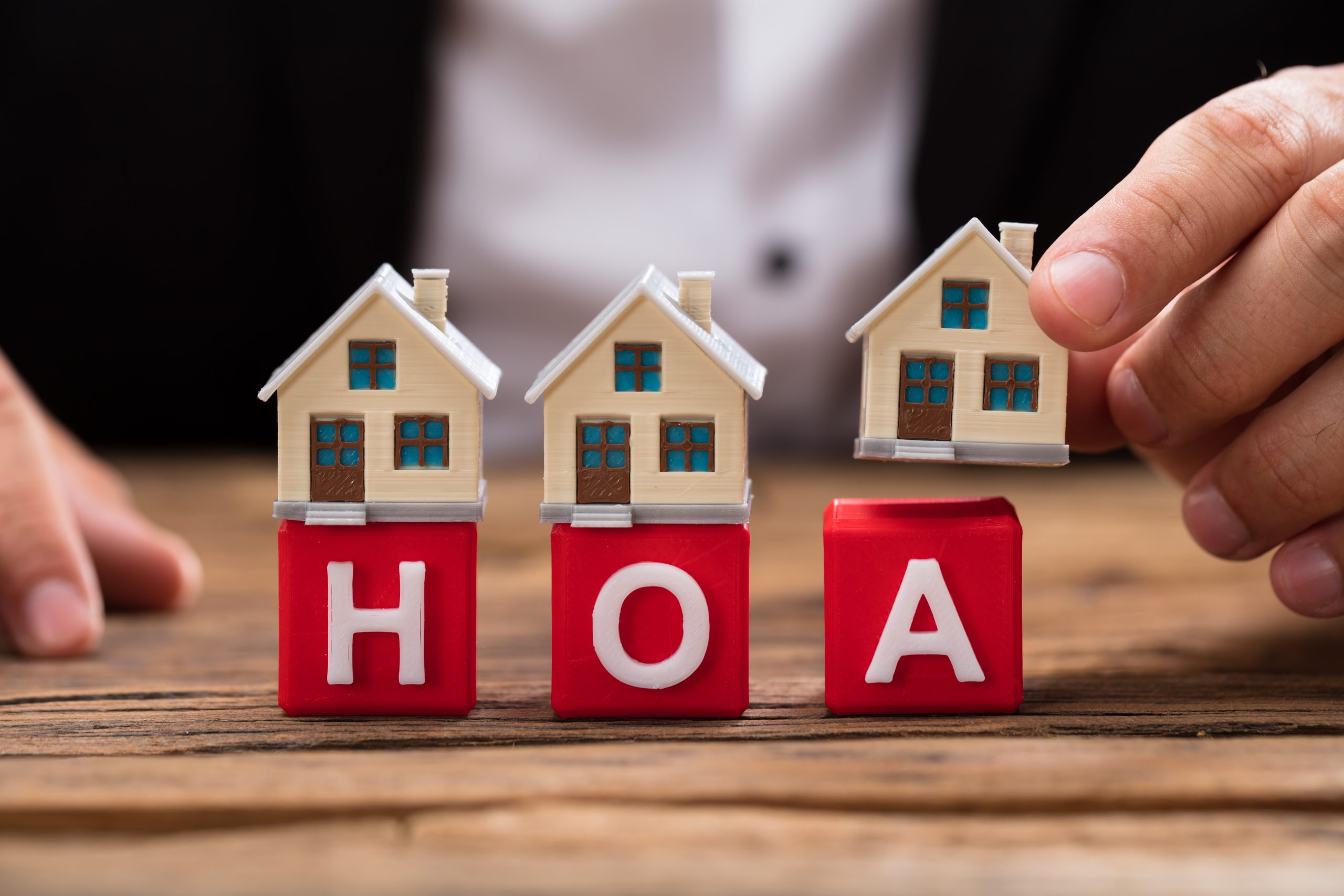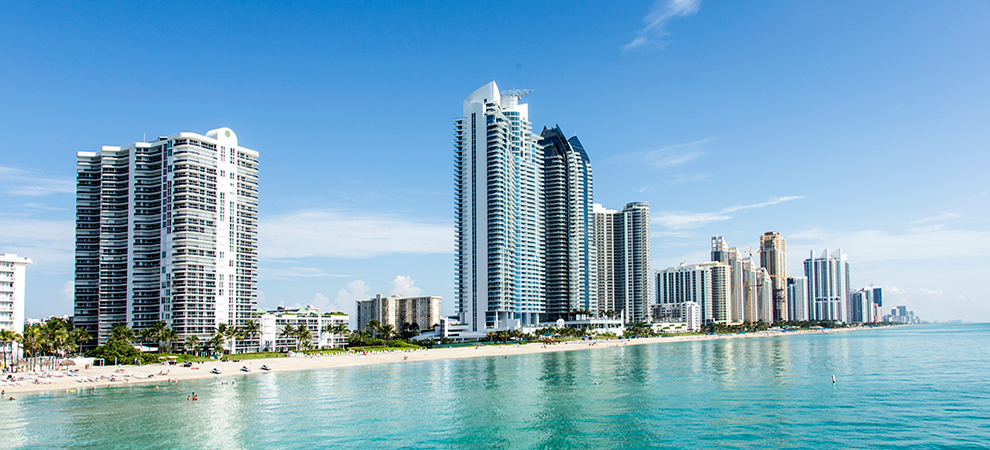What to Expect from Your HOA Condo Association
What to Expect from Your HOA Condo Association
Blog Article
The Duty of an HOA in Establishing and Enforcing Area Standards for Locals
The role of a Homeowners Organization (HOA) in applying and establishing neighborhood guidelines is fundamental to keeping a cohesive and organized domestic setting. By developing clear regulations that regulate elements such as property upkeep and neighborhood conduct, the HOA not just sets requirements for citizens yet additionally fosters a feeling of belonging and liability.
Comprehending Homeowners Associations
Homeowners organizations (HOAs) serve as regulating bodies for household areas, playing an important function in maintaining property values and cultivating a feeling of community. Generally developed by designers, HOAs are made up of house owners within a designated location that elect a board to manage the organization's activities. The main features of an HOA include implementing community rules, managing typical areas, and arranging community events.
HOAs operate under a collection of governing records, consisting of problems, covenants, and restrictions (CC&R s), which detail the legal rights and obligations of property owners. These laws intend to make certain that residential or commercial properties are kept to a certain standard, thereby securing the aesthetic charm and overall worth of the area. Furthermore, HOAs often collect fees from homeowners to fund maintenance, landscape design, and other area solutions.
The visibility of an HOA can significantly affect the living experience within an area (hoa condo). While some residents value the organized setting and features offered, others might find specific policies restrictive. Stabilizing the rate of interests of all home owners is necessary for an HOA to work successfully, ensuring that it serves its designated purpose of enhancing area living while valuing individual homeowner legal rights
Developing Neighborhood Guidelines

To start, an HOA ought to carry out surveys or convene that enable residents to articulate their concerns and recommendations. This participatory process cultivates a sense of ownership and enhances compliance. Next, the HOA board need to analyze the comments to recognize common themes and top priorities that necessitate official addition in the standards.
It is additionally important to ensure that the standards are clear, succinct, and easily comprehended. Obscurities can bring about conflicts and misunderstandings, weakening the function of the standards. The guidelines must be thorough, covering numerous elements of community living, including home maintenance, noise degrees, and usage of usual locations.
Enforcement of Regulations
Effective enforcement of area policies is crucial for preserving order and ensuring that all homeowners abide by the established guidelines. An HOA must execute an organized method to apply these regulations, which frequently entails a combination of tracking, interaction, and fines for non-compliance.
First, routine examinations and area patrols can assist recognize violations, making certain that regulations are regularly applied across the community. This positive monitoring enables the HOA to attend to issues before they intensify, promoting a sense of responsibility amongst citizens.
Second, clear communication is necessary. Locals should be notified of the regulations and the procedures for reporting offenses. An open line of communication encourages locals to voice issues and look for information on guidelines, which can boost compliance.

Lastly, when infractions happen, the HOA must impose effects as outlined in the controling documents. By efficiently imposing regulations, an HOA can grow a harmonious living environment that shows the collective worths of its homeowners.
Advantages of HOA Regulations
Countless benefits emerge from the implementation find out here of HOA policies, which offer to improve the lifestyle within a neighborhood. One primary advantage is the maintenance of residential property worths. By applying requirements for appearances and maintenance, HOAs make sure that homes and typical areas continue to be appealing, fostering a preferable living environment that can result in boosted building worths gradually.
Additionally, HOA regulations advertise consistency and uniformity within the neighborhood. This comprehensibility in style and maintenance assists to create a sense of belonging among homeowners, adding to neighborhood pride and a positive ambience. Developed guidelines help with problem resolution among neighbors by giving clear expectations and protocols for actions, thus minimizing disagreements.
One more substantial advantage is the stipulation of shared features and services. Numerous HOAs handle neighborhood centers such as pools, parks, and clubs, which improve recreational opportunities for citizens. These facilities not only enhance the high quality of life however likewise motivate social interaction.
Inevitably, the policies established forth by an HOA grow a well-organized, unified area, making certain that residents appreciate a high standard of living while fostering a helpful atmosphere for all house owners.
Usual Challenges Dealt With by HOAs
In the middle of the benefits that property owners organizations (HOAs) can provide, they also encounter a variety of obstacles that can impede their efficiency. One significant issue is the lack of resident engagement. Several home owners might not join meetings or neighborhood activities, bring about a separate in between the HOA board and homeowners. This disengagement can lead to misunderstandings concerning area standards and an absence of assistance for enforcement efforts.
An additional challenge is the enforcement of regulations and regulations. Conflicts can emerge when residents feel that enforcement is irregular or prejudiced, potentially causing conflicts within the neighborhood. Additionally, HOAs frequently try here deal with monetary constraints, which can limit their capability to preserve usual locations or fund community projects. This can create dissatisfaction among locals that expect high criteria of maintenance.
Furthermore, browsing legal intricacies can be daunting for HOAs. Advancing and changing demographics neighborhood needs require HOAs to adjust their guidelines, usually satisfying resistance from long-lasting citizens that are accustomed to standard standards.
Verdict

By creating clear guidelines that govern elements such as property upkeep and neighborhood conduct, the HOA not just establishes standards for locals but likewise promotes a feeling of belonging and accountability.Homeowners associations (HOAs) serve as regulating bodies for household areas, playing a vital duty in keeping residential or commercial property values and promoting a feeling of area. Several homeowners may not participate in meetings or community activities, leading to a detach between the HOA board and locals. Advancing and transforming demographics area needs call for HOAs to adjust their standards, usually fulfilling resistance from long-lasting homeowners that are accustomed to standard standards. With the advancement of clear policies and consistent enforcement, HOAs promote residential or commercial property maintenance, community satisfaction, and trust fund amongst locals.
Report this page